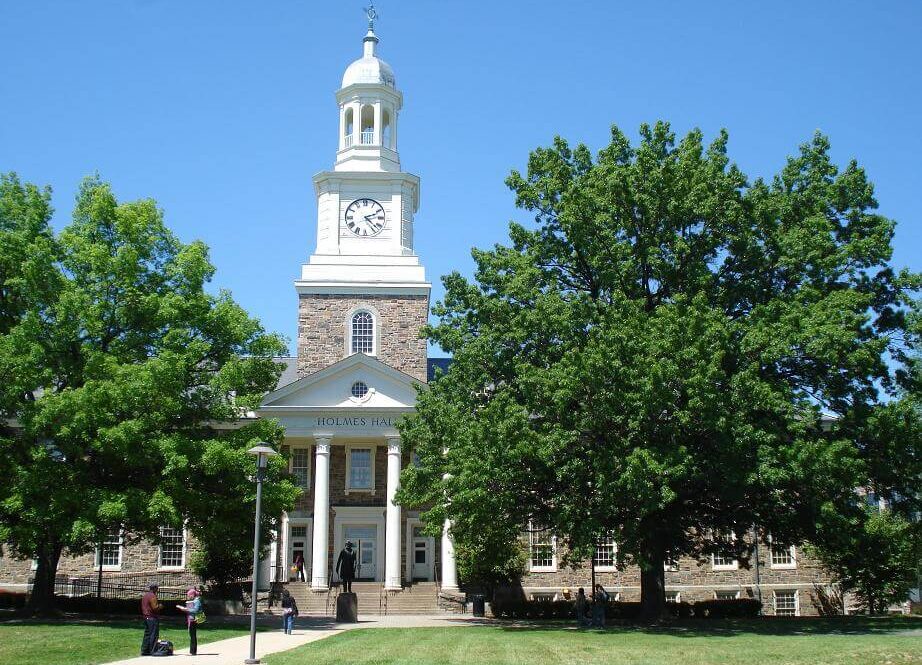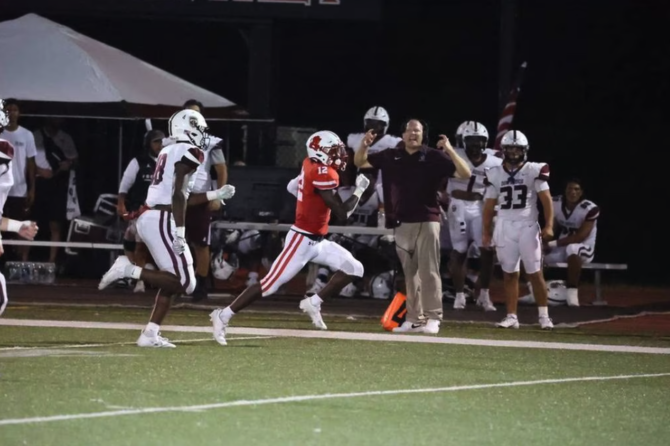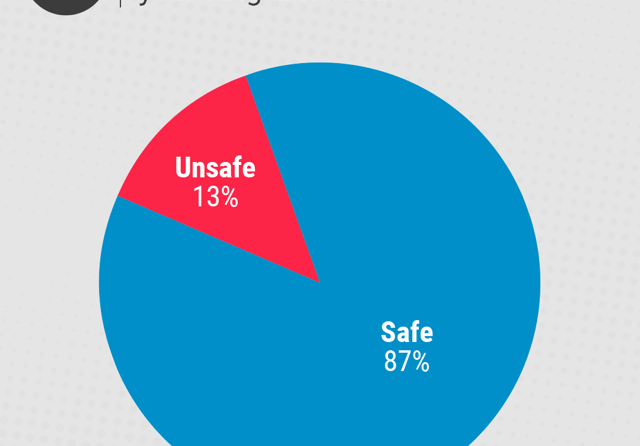MARYLAND MATTERS: Morgan State University funneled scholarship aid to students who failed to maintain required grade point averages, according to a sweeping audit. The school also failed to determine whether vendors were providing services appropriately, while students did not always receive refunds they were entitled to.
In addition, the review found that the school neglected to seek Board of Public Works approval, as required, on a large security guard contract, opting instead to rely on a series of change orders to keep an incumbent vendor on the job.
The findings were among numerous deficiencies uncovered by the Office of Legislative Audits (OLA), which reviewed the school’s operations from 2017 until 2021.
The findings, which were released to the General Assembly and the public on Tuesday, are described in detail, with the exception of a handful of cybersecurity-related issues that auditors chose not to publicize, citing security concerns. Some of the accounting and other administrative failures identified by the OLA were “repeat” findings from the last time the school was audited.
A leading legislator said the breadth of the report’s findings was “scary,” and he suggested that lawmakers may not wait until the next scheduled audit to make sure the school responds appropriately.
In its response to the OLA report, Morgan State officials agreed with some of the findings and disputed others. They said some of the issues raised were the result of staffing shortages triggered by the COVID-19 pandemic and that reforms were imminent.
Among the auditors’ findings:
- MSU did not ensure that honors students receiving scholarships were maintaining the required grade point average. “As a result, certain awards were overstated or issued to ineligible students,” auditors found. When auditors tested six honors scholarships, they found one student received $27,900, far above the school’s $10,000 maximum annual award limit. Two students who had insufficient grade point averages received awards totaling $55,400.
- When students were entitled to tuition refunds, MSU did not independently verify that its vendor was issuing them property. When auditors tested ten refunds totaling approximately $42,000, they found three, worth $6,800, that were posted to the wrong accounts. This issue was flagged in the school’s last audit.
- Morgan State also failed to independently verify that adjustments to student room and board charges were posted properly.
- The school did not verify that a company hired to provide sign language services was actually doing so. It assumed that if no students were complaining, the service was being provided. MSU payments to its vendor exceeded the contract by $294,300, auditors found.
- The school appears to have bypassed the requirement that it obtain Board of Public Works approval for a large security guard services contract. “[I]nstead of issuing a competitively procured single multi-year contract for these services,” the report found, “MSU issued six individual purchase orders totaling $6.5 million, five of which exceeded the $1 million threshold requiring BPW approval (after six change orders totaling $2.2 million).”
- MSU also procured two contracts, totaling $600,000, to renovate a food service area without competitive procurements, and it “did not adequately monitor” two housekeeping contracts with one vendor totaling $1.3 million.
In their formal reply to the findings, Morgan State officials pledged to improve their accounting and procurement practices in some instances, while disputing the auditors’ findings in others.
The school said the pandemic caused staffing shortages that made it difficult to comply with some auditing procedures. “MSU is currently undertaking a restructuring of the Bursar Office to ensure sufficient staffing to allow for independent reviews and better adherence to procedures and internal controls,” officials wrote.
In an interview, state Sen. Clarence Lam (D-Howard), Senate chair of the Joint Audit and Evaluation Committee, called the magnitude of the OLA’s findings “troubling.” He suggested that lawmakers may not be willing to wait until the next regularly scheduled audit in a few years to ensure that MSU institutes accounting and procurement reforms.
“It’s kind of all over the place. That’s, in part, the scary piece of this,” Lam said. “It’s seemingly not just one thing. … It’s actually a lot of things that are pretty broad and big.”
This article was written by Maryland Matters, read more stories like this here.
Photo: Holmes Hall at Morgan State University, one of Maryland’s four HBCUs, which are seeking a settlement from the state to address racial disparities in higher education. Photo credit: Stephreef, Wikimedia Commons.










